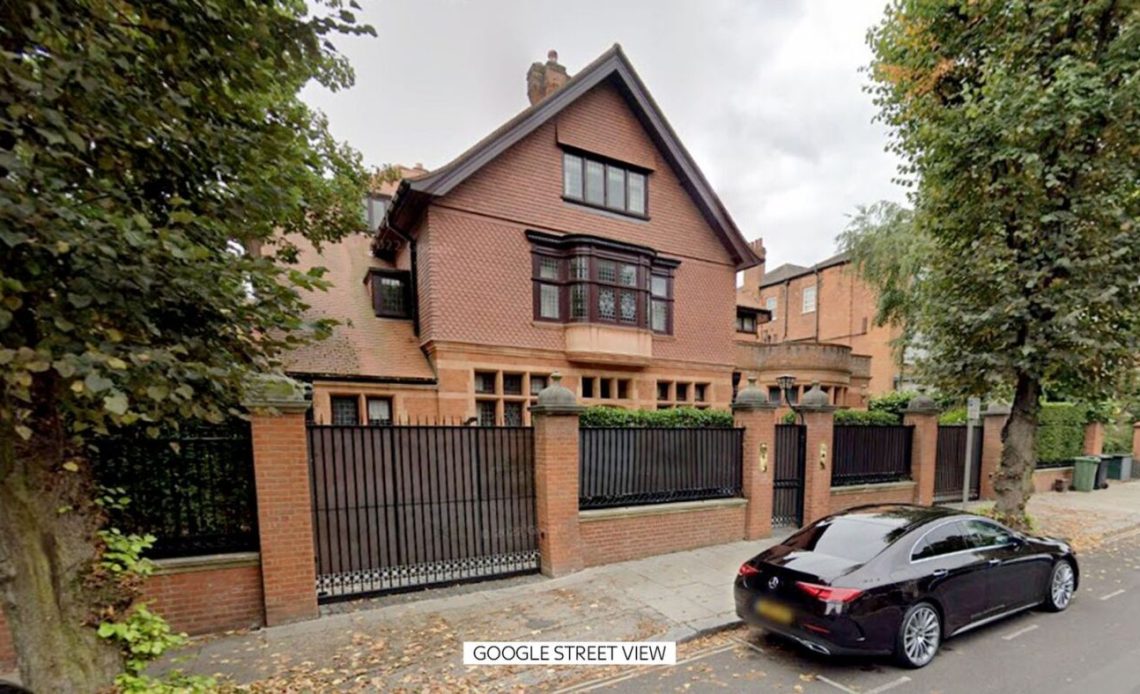In a high-profile money laundering trial unfolding in London, a former restaurant worker stands accused of attempting to hide billions worth of Bitcoin stolen in a massive Chinese investment fraud.
TLDR
- Jian Wen, a former restaurant worker, was allegedly recruited to help Zhimin Qian launder money stolen from a $6.3 billion investment fraud scheme in China.
- Wen attempted to use Bitcoin worth over $1.7 billion at the time to purchase luxury items and a $30 million mansion in London. The purchases never went through.
- UK authorities seized 61,000 Bitcoin from Wen and Qian in 2018, worth about $1.7 billion at the time and over $2.5 billion now.
- Wen claims the Bitcoin was either mined by Qian or a “love gift,” while prosecutors say she helped hide the source of the stolen funds.
- Wen is currently on trial for money laundering charges, while Qian has fled the UK and remains at large.
Jian Wen, a 42-year-old Chinese national who became a British citizen in 2018, allegedly helped Zhimin Qian launder Bitcoin connected to a $6.3 billion scam that fleeced around 130,000 investors in China between 2014 and 2017. While not directly involved in Qian’s underlying scam, prosecutors allege that Wen used the stolen crypto to try purchasing luxury real estate and items in the UK on Qian’s behalf.
The case first came to light when Wen attempted to buy a lavish $30 million London mansion in the affluent Hampstead neighborhood. When the law firm she enlisted couldn’t verify the source of the funds, police froze money held by the firm and raided properties associated with Wen and Qian.
In one of the largest cryptocurrency seizures globally, investigators confiscated devices holding a whopping 61,000 Bitcoin from a safety deposit box and house rented by the pair.
Valued at over $1.7 billion when initially seized in 2018, the stash would be worth over $2.5 billion at today’s prices. For context, it exceeds the entire market cap of all but three cryptocurrencies. Wen had been entrusted with the keys and passwords to access the laptops storing the crypto haul.
Now with Wen on trial and Qian having escaped abroad as a fugitive, the jury must decide if she knowingly converted criminal proceeds or genuinely believed Qian’s claims that the wealth stemmed from legitimate Bitcoin mining and businesses.
Initially asserting the Bitcoin was mined, Wen later changed her story upon questioning, describing the funds as a “love gift” from Qian worth about $100 million at the time. Prosecutors remain unconvinced, arguing that Wen served as a front to hide both Qian’s identity and the ill-gotten nature of the riches.
Wen allegedly followed instructions to convert portions of the Bitcoin into cash, luxury items, property, and other valuable assets upon Qian’s arrival in London in 2017. Attempted purchases highlighted during the trial include an $11 million diamond ring and the extravagant mansion.
The trial’s outcome carries high stakes for both Wen and future cryptocurrency financial crime enforcement. If convicted on the three money laundering charges, she faces years imprisonment, asset seizure, and heavy fines. Meanwhile, the case underscores the ongoing challenge of tracking illegally obtained funds that flow through the multi-billion dollar Bitcoin economy each year.
The post UK Takeaway Worker Arrested in $6B Fraud After Trying to Purchase $30M House appeared first on Blockonomi.

